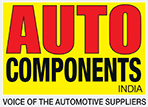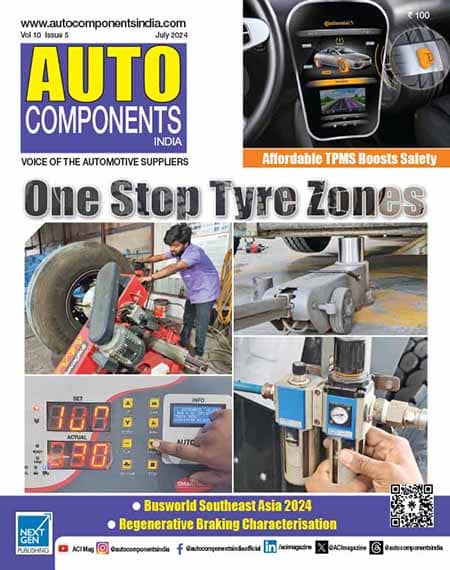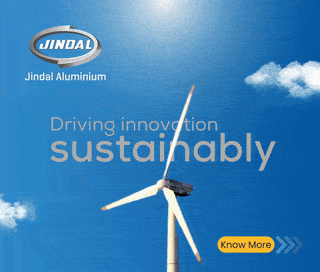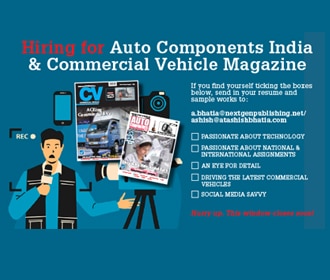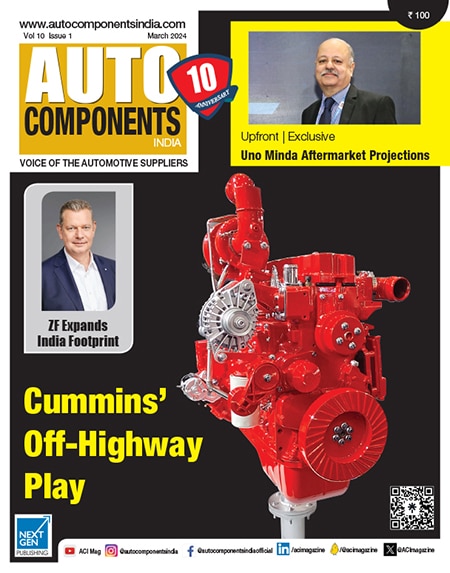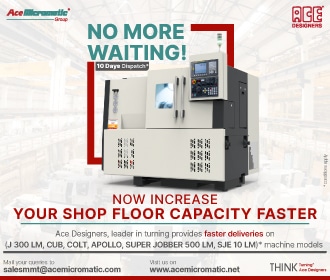DC Sharma, Group CFO, Minda Corporation
In the automobile industry 100% foreign equity investment is allowed via automatic route along with some relaxations in licensing and approvals for the manufacturing and imports in this sector. Some of the factors which attracts investors include low manufacturing and labor cost, availability of manpower, large and increasing domestic auto markets along with huge export potential market. Low auto penetration levels and rising middle class income are also contributing factor. Implementation of the Seventh Pay Commission would enhance the consumer buying capabilities. Significant opportunities exist in rural India as well.
Indian auto industry is highly competitive with the presence of a large number of global and Indian auto companies. Global OEMs are further increasing their investments in India to cater to the growing domestic demand. In addition to this, global OEMs also plan to leverage India’s competitive advantage by setting up their export-oriented production hubs. Due to inherent cost efficiencies, the auto component industry is also scaling up on the back of increasing component sourcing by global car manufacturers from India. Indian auto component industry are well positioned to benefit from the increasing exports potential and globalisation trend.
Infrastructure, roads and logistics are still far behind the international standards. This adds significantly to the cost of conducting business. Investors do expect India to improve on its ranking on the ‘Ease of Doing Business’ index (currently at 130) along with improving current business climate by adequately providing solution for existing system bureaucracy and eliminating the unnecessary laws / regulations. Recent diesel ban in Delhi / NCR and subsequent retaliation in engine capacities have shaken the confidence of auto majors and their investment plans. Governmental support is required to expand rural domestic demand through greater financing availability and better distribution reach.
Simplification of the tax structure would further support the ‘Make in India’ initiative. Reformatory measures may include providing accelerated depreciation rates for the capital equipment manufactured in India, rebates for R&D and innovation initiatives, successful implementation of GST, lower corporate taxations and availability of lower financing cost. Reviewing of existing Double Taxation Avoidance Agreements (DTAAs) to improve investor confidence is highly required.
— as told Deepanshu Taumar
